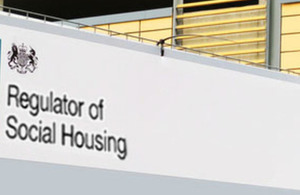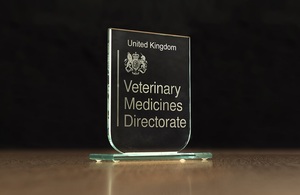HMRC launches consultation to address concerns about Repayment Agents
New measures to stop rip-off agents taking advantage of people and pocketing their tax repayments have been proposed by HM Revenue and Customs (HMRC).
HMRC today launched a 12-week consultation Raising standards in tax advice: Protecting customers claiming tax repayments to consider ways to better protect taxpayers from Repayment Agents who make routine tax claims on people’s behalf but can take up to half, or even more, of the payment.
Taxpayers can use Repayment Agents to make claims for repayments of tax, and many are happy with the service they receive. On the other hand, many taxpayers have complained that the scale of the charges are unclear or even hidden, while questions have been raised about how some agents secure agreements from customers.
The consultation proposes various ways to better protect the public from unscrupulous practices and ensure they receive the money they are entitled to, while also asking various questions to better understand the problem.
This includes seeking views on:
- restricting the use of assignments, where contracts legally transfer the right to a repayment from a taxpayer to an agent
- introducing measures designed to ensure taxpayers see material information about a repayment agent’s service before entering into a contractual agreement
- requiring repayment agents to register with HMRC
HMRC is aware of a number of specific concerns with the industry including excessive amounts of commission charged for routine tax repayments. However, taxpayers can make a claim directly through HMRC’s free online service on GOV.UK and keep 100% of the repayment themselves.
There is also strong evidence that many taxpayers do not understand the terms they are signing up to and feel misled, some even believing they are dealing with HMRC directly rather than a third party.
Other concerns include the submission of high volume or speculative claims where no repayment is due, resulting in delays to genuine claims, as well as the use of assignments which means the repayment goes to the Repayment Agent instead of the taxpayer.
Jonathan Athow, HMRC’s Director General for Customer Strategy and Tax Design, said:
We want to make sure taxpayers receive their full tax claims – putting 100% of the money they are due into their pockets – and not be taken in by the unscrupulous practices of some Repayment Agents.
The ‘Raising standards in tax advice’ consultation aims to seek views so we can better understand and address the issues to help raise standards in the tax advice market. We’re urging anyone affected to respond to the consultation and share their experiences.
HMRC is interested in hearing the views of all tax agents, particularly those who specialise in helping taxpayers claim repayments; taxpayers who have claimed or considered claiming tax refunds through repayment agents; those who have seen adverts from repayment agents; charitable organisations; consumer groups; and accountancy professional bodies.
The consultation is now open and will run until 14 September 2022.
HMRC is also reminding taxpayers that they remain responsible for their own tax. If they do appoint an agent, they should take care to ensure they are aware of fees and the terms and conditions of service, and not to share their HMRC login details with them. HMRC has published standards for agents and will take action against agents who breach them.
The proposals within the consultation have been informed by: ‘Use of High Volume Agents to claim tax rebates’, published in June 2021.
The consultation is being run in line with the Tax Consultation Framework.
Responses should be sent by 14 September by email to: repaymentsconsultation@hmrc.gov.uk or by post to:
Alex Beer
Agent Policy Team
HMRC
14 Westfield Avenue
Stratford
E20 1HZ
We recommend you respond by email.
We have introduced a survey to make it easier for taxpayers who may not be familiar with the consultation process to respond.
In addition to written responses, HMRC intends to hold a number of roundtable discussions with interested stakeholders, who should email repaymentsconsultation@hmrc.gov.uk if they would like to be involved.
HMRC has published the HMRC Agent Standard, which sets out the acceptable level of standards and behaviour that all tax agents should meet, including exercising professional competence and due care.
Questions to ask when choosing an agent:
- is the agent a member of a professional body that regulates their conduct and standards?
- will the claim be made in accordance with HMRC’s view of the law, or is HMRC is likely to challenge the validity of the claim if they look into it?
- if the agent will deduct their fee from my tax repayment and HMRC later looks into my claim and asks for the repayment back, how will I recover the agent’s fee from them in order to fund the tax bill?
- does the agent have insurance to cover them if something goes wrong, and are they registered for Anti Money Laundering supervision?


